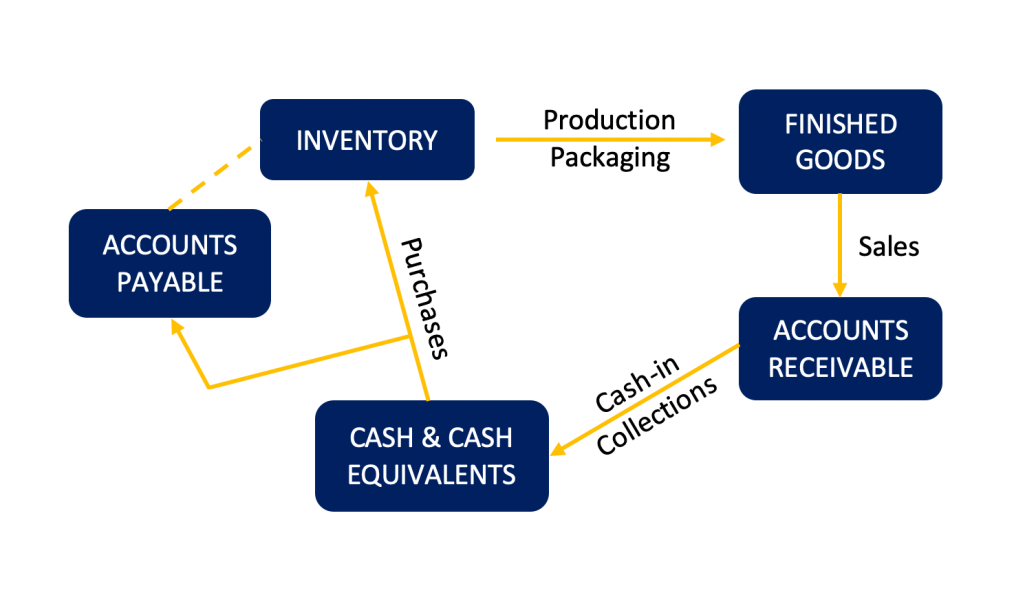Section 80E: Tax Benefits on Education Loan
Maneesh Prajapati
May 1, 2024

Section 80E : Tax Benefit on Interest Paid on Education Loans
Section 80E of the Income Tax Act lets you reduce your taxable income by the interest you pay on an education loan. This deduction applies to loans taken from banks or recognized charitable institutions for pursuing higher education. So, if you’re paying interest on such a loan, you can claim a deduction on that interest amount while filing your income tax return.
Deductions :
If you take out a loan to pay for education, the interest you pay on that loan (which is part of your monthly installment) can be subtracted from your taxable income under Section 80E of the Income Tax Act, 1961. This means you can pay less tax.
You can claim this deduction for a maximum of 8 years or until you finish paying off the interest, whichever happens first. So, it’s a benefit to help reduce your tax burden while you’re repaying your education loan.
Period of deduction:
Indian tax laws provide a moratorium period of up to one year after completing a course for education loan repayments. Tax deductions under Section 80E are applicable from the year the borrower begins repaying the loan. However, these deductions are limited to 8 years or until the interest is fully repaid, whichever comes first.
Limits:
Just like you can deduct certain expenses under Sections 80C and 80D, the interest on your education loan can also be deducted from your income before calculating your taxes. Now, here’s the cool part: there’s no upper limit to how much interest you can claim as a deduction under Section 80E. Whatever amount you’ve paid in interest during the financial year can be fully deducted from your taxable income. Let’s say your total income after other deductions is Rs. 6.7 lakh, and you’ve paid Rs. 2,00,000 in loan interest. Your taxable income would then shrink to Rs. 4.7 lakh, resulting in lower taxes.
Eligibility:
In the tax world, Section 80E is the ticket to savings, but it comes with rules. First, you can claim only the interest portion of your education loan as a deduction. And this deduction is only for individuals. This deduction is not available to Hindu Undivided Family(HUF) and companies. Also, your loan should be from financial institutions, not from family members, friends, and relatives. Oh, and it should be for higher education, whether for yourself, your spouse, or your children. But here’s the catch: You can claim this deduction only for a maximum of 8 years. And one more thing – If you are in the new tax regime, then you cannot avail this benefit, this benefit is only for old tax regime people. So, while 80E can be a money saver, you have to be careful to follow the rules.
Understand the calculation of the deductions for section 80E with following example :
| Particulars | Amount (Rs) |
|---|---|
| Interest paid on education loan | 60,000 |
| Gross Total Income (before deductions) | 7,00,000 |
| Deductions under Section 80C | 1,50,000 |
| Net Total Income (after deductions) | 5,50,000 |
| Taxable Income (after 80E deduction) | 4,90,000 |
In this example:
Let’s say you paid Rs. 60,000 as interest on the education loan.
Your Gross Total Income (before any deductions) is Rs. 7,00,000.
You’ve already claimed the maximum deduction of Rs. 1,50,000 under Section 80C.
So, your Net Total Income (after Section 80C deduction) is Rs. 5,50,000.
Then, you can further deduct the interest paid on the education loan (Rs. 60,000) from your Net Total Income under Section 80E.
So, your Taxable Income after the deduction under Section 80E becomes Rs. 4,90,000.
Conclusion:
To widen the doors of education, the government has made it easier for people to get education loans. These steps are about spreading learning opportunities far and wide. Education loans are not just for students; They are also a boon for working professionals who dream of furthering their education after gaining some job experience in their field. Therefore, with these steps, the government aims to open up the world of education to more people, giving everyone a chance to reach their full potential.
F&Q – Frequently Asked Questions
1. How much amount can I claim as a deduction under this section?
There is no limit on the maximum amount which is allowed as a deduction.
2. Is Section 80E part of Section 80C?
No, Section 80C of the Income Tax Act has a wide coverage that includes a deduction in respect of the tuition fees paid for the education. However, section 80E of the Income Tax Act provides a deduction in respect of interest paid on educational loans taken for higher education.
3. What are the documents required to claim a deduction under Section 80E?
The individual wanting to claim a deduction under Section 80E has to provide a certificate from the financial institution from which the loan is taken. This certificate must showcase the principal amount and the interest amount separately for the education loan taken for that particular financial year.
4. For what purpose should a loan be taken to claim deduction u/s 80E?
Interest on loans taken for pursuing higher education (including vocational studies) is eligible for deduction u/s 80E.
5. Can I claim a deduction for the principal as well as the interest amount of the EMI that I am paying for an education loan under 80E?
No, you cannot claim a deduction under section 80E for the principal amount of EMI. Deduction can be claimed only for the interest part of the EMI.
6. What is the meaning of higher education for section 80E?
Section 80E of the Income tax Act allows you to reduce the amount of tax you have to pay if you’ve taken a loan for higher studies. Here’s what it means :
- Higher studies refer to any courses you take after finishing 12th grade.
- The school or university you’re attending needs to be approved by a recognized authority like the local authority, State government, or Central government.
- The loan you take should be for full-time courses like medicine, engineering, management, etc. Part-time courses don’t count, except for vocational courses after 12th grade.
- If you’re studying abroad, that’s okay too, as long as you’re an Indian resident and the loan is from an Indian institution.
7. Deduction u/s 80E available if the loan is from a foreign institution?
No, To claim the deduction under section 80E, you need to take the loan from an Indian financial institution, specified Indian charitable institution, or an Indian bank. So, if you get your education loan from any of these Indian sources, you can still benefit from the tax deduction.
8. Is deduction u/s 80E available if the loan is from a Employer ?
In this situation, you’re not eligible to claim the deduction. To qualify for the deduction under section 80E, the loan must be obtained from a recognized Indian financial institution or an approved charitable institution. Loans from sources like your employer, friends, or relatives do not meet this requirement and therefore cannot be used for the deduction. Even if the loan terms are similar, taking a loan from your employer means you don’t qualify for the income tax deduction under section 80E.



